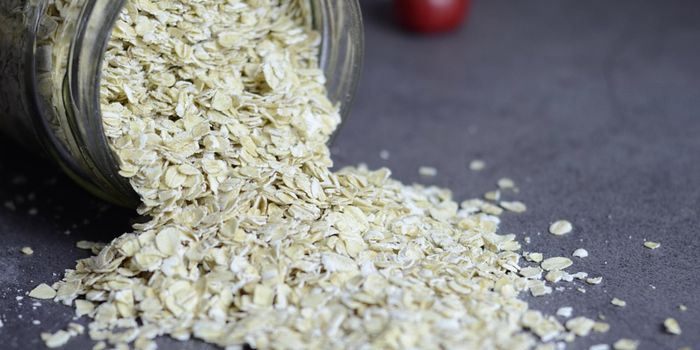A Kidney Toxin Could Act as a Biomarker for Cardiovascular Risk
Biomarkers have taken the diagnostic field by storm over the past decade. The search for stable, easy to access indicators has yielded dozens of candidates across dozens of diseases. Cardiovascular disease is one field that would benefit significantly with the use of biomarkers.
The cardiovascular field currently uses a mixed bag of diagnostic tools, from invasive surgical methods to simple blood-borne biomarkers. Cardiac troponin acts as one of the most effective biomarkers, with others such as creatine kinase and brain-natriuretic peptide being similarly useful. However, novel biomarkers are being revealed every day and help develop the best diagnostic tool for modern medicine.
A team from the National Cerebral and Cardiovascular Center in Japan wanted to investigate if the molecule indoxyl sulfate (IS) could also be an indicator of risk for an adverse cardiovascular event in patients who had experienced heart failure. Indoxyl sulfate is a known uremic toxin (a product of renal dysfunction). Other studies show that uremic toxins can cause cardiovascular harm, so it stood to reason that high levels of indoxyl sulfate may be an indicator of increased risk of cardiovascular injury.
To test this idea, they gathered a group of 165 patients with heart failure. They found that patients with heart failure had relatively higher indoxyl sulfate levels compared to healthy patients. Higher indoxyl sulfate levels also correlated with a higher risk of cardiovascular issues (5% risk of cardiovascular death compared to 1%). The risk was isolated to patients with hypertrophic cardiomyopathy, although the team notes that the sample size was small, so this observation may not be entirely accurate.
The team postulates why indoxyl sulfate levels may correlate with a high risk of a cardiovascular event. Other studies indicate indoxyl sulfate may be a toxin in itself, which would mean it may very well be causing the increase in risk. A previous study by the same team saw that decreasing indoxyl sulfate levels improved the prognosis of heart failure patients, which seems to support this idea of indoxyl sulfate being a toxin. Its association with renal dysfunction may also skew its results as a cardiovascular biomarker.
The study concludes, “The present study strongly suggests that the measurement of the plasma IS level in advance predicts following cardiovascular events in CHF patients, especially those CHF patients with HCM. Furthermore, we need to test the effectiveness of AST-120 for the improvement of pathophysiology of CHF.”
Sources: Nature Scientific Reports, Cardiology Online









